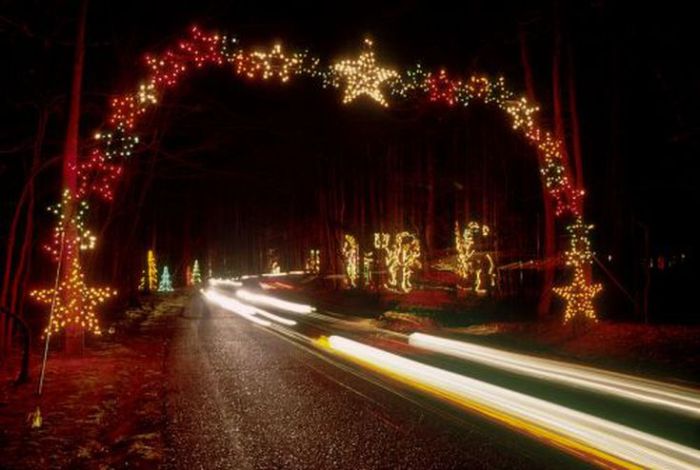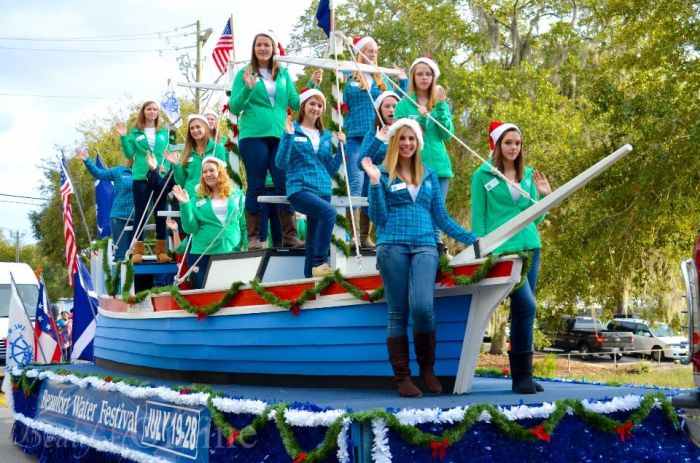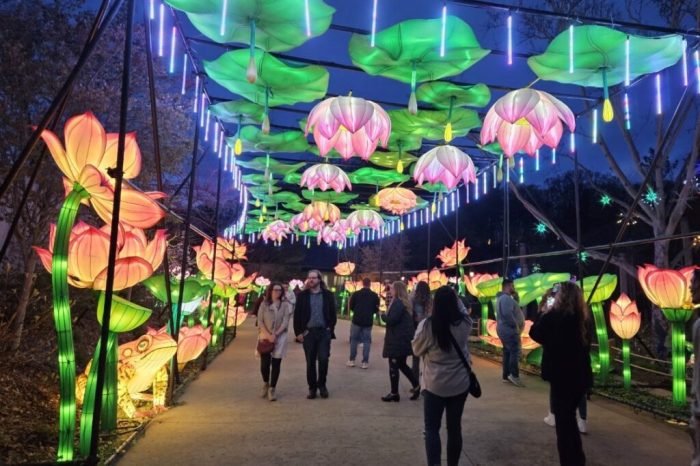Festivals At City Hall In Ottawa 2024 promise a vibrant summer of events. Imagine Ottawa’s City Hall transformed—a bustling hub of activity, echoing with music, laughter, and the delicious aromas of diverse cuisines. From cultural celebrations showcasing the city’s rich heritage to lively music festivals attracting both locals and tourists, City Hall becomes a stage for unforgettable experiences. This year’s lineup is shaping up to be the most exciting yet, offering something for everyone.
Get ready for a summer of fun in the heart of Ottawa.
This comprehensive guide delves into the details of the upcoming festivals, providing insights into the types of events planned, the logistical aspects of their organization, and the overall impact these celebrations have on the city’s economy and community spirit. We’ll explore past successes, discuss strategies for maximizing audience engagement, and highlight the importance of sustainability in these vibrant community gatherings.
Impact and Sustainability of City Hall Festivals
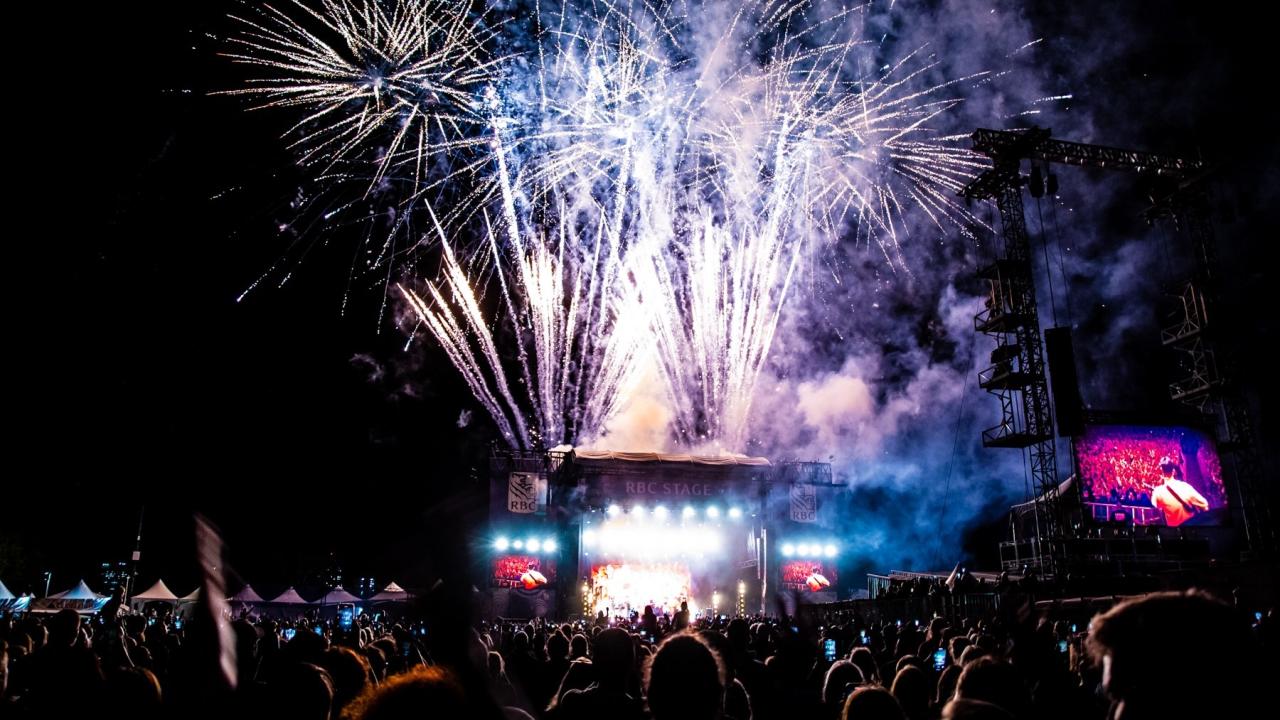
City Hall festivals in Ottawa offer a significant opportunity to boost the local economy while showcasing the city’s vibrant culture. However, the environmental impact of these events must be carefully considered to ensure their long-term viability and positive contribution to the community. Balancing economic benefits with environmental responsibility is crucial for creating truly sustainable festivals.The economic impact of City Hall festivals is multifaceted.
Increased foot traffic translates to higher revenue for nearby businesses, including restaurants, shops, and hotels. Festivals also create temporary employment opportunities for vendors, security personnel, and event staff. Furthermore, the positive publicity generated by successful festivals can attract tourists and boost Ottawa’s overall image as a desirable destination, leading to long-term economic gains. For example, the successful Taste of Ottawa festival has demonstrably increased restaurant sales in the surrounding area, and the Ottawa Bluesfest has brought in significant tourism revenue for the city over the years.
Quantifying the precise economic impact requires detailed analysis of spending patterns and employment data, but anecdotal evidence and reports from previous years clearly indicate a substantial positive contribution.
Economic Impact Assessment of City Hall Festivals
A comprehensive economic impact assessment should consider several key factors. This includes calculating direct spending by attendees (food, drinks, merchandise), indirect spending (hotels, transportation), and induced spending (wages earned and subsequently spent by festival employees). The assessment should also account for the multiplier effect – the ripple effect of spending throughout the local economy. For instance, money spent at a festival food stall not only benefits the vendor but also the suppliers who provide the food and the workers who prepare it.
By using established economic modelling techniques and gathering data from various sources (e.g., surveys, sales receipts, employment records), a robust and credible assessment of the festival’s economic contribution can be produced. This type of assessment can then be used to justify future festival funding and demonstrate the event’s value to the city.
Environmental Considerations for Sustainable Festival Practices
Minimizing the environmental footprint of City Hall festivals requires a proactive and comprehensive approach. Key areas of concern include waste management, energy consumption, and transportation. Sustainable practices must be integrated into every aspect of the festival’s planning and execution, from sourcing materials to post-event cleanup. A commitment to sustainability not only reduces the environmental impact but also enhances the festival’s image and appeals to environmentally conscious attendees.
Strategies for Minimizing Environmental Footprint, Festivals At City Hall In Ottawa 2024
Effective waste management is paramount. This involves promoting recycling and composting programs, using reusable tableware and serving containers, and minimizing single-use plastics. Strategies such as providing clearly labeled recycling bins and educating attendees about proper waste disposal methods can significantly reduce landfill waste. Energy consumption can be minimized through the use of energy-efficient lighting and sound systems, and by sourcing power from renewable sources whenever possible.
Promoting public transportation and cycling, as well as designating designated parking areas to reduce traffic congestion and emissions, are crucial for mitigating the environmental impact of transportation. The use of locally sourced food and beverages can further reduce the carbon footprint associated with transportation and distribution. For example, partnering with local farmers markets and vendors can reduce transportation costs and emissions, and support local businesses.
Visual Representation of a City Hall Festival
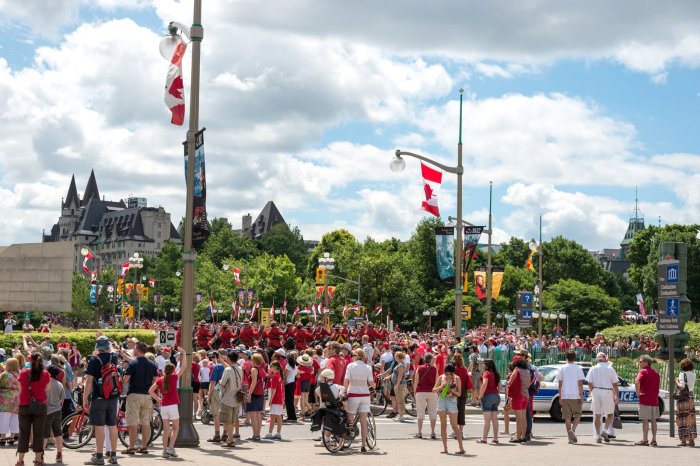
Imagine a vibrant tapestry woven from the sounds of laughter, music, and the aroma of exotic foods. This is the scene at Ottawa City Hall during its annual festival. The visual spectacle is a feast for the senses, a kaleidoscope of colors, sights, and sounds that encapsulates the spirit of the city.A lively atmosphere permeates the entire area. Flags representing diverse cultures flutter in the gentle breeze, creating a visual symphony against the backdrop of the majestic City Hall building.
The air hums with energy, a palpable buzz of excitement generated by the throngs of people enjoying the festivities.
A Festival Food Stall at City Hall
One particularly enticing stall is a vibrant, brightly colored structure, reminiscent of a Moroccan riad. Its peaked roof is adorned with strings of fairy lights that twinkle merrily, even in the daytime. The stall itself is overflowing with an array of culinary delights. Spicy jerk chicken sizzles on the grill, its aroma mingling with the sweet scent of freshly baked pastries.
Stacks of colorful cupcakes, adorned with intricate frosting designs, tempt passersby. A large banner proclaims “Taste the World,” perfectly encapsulating the stall’s diverse menu. The vendors, dressed in traditional attire, are engaging and friendly, readily answering questions and offering generous samples. Their laughter blends with the chatter of excited festival-goers, creating a lively and welcoming atmosphere.
Customers eagerly purchase their chosen treats, their faces reflecting pure delight.
A Music Stage at City Hall
The main stage is positioned prominently on the City Hall’s expansive lawn, bathed in the warm glow of strategically placed spotlights. The stage itself is a modern marvel, a sleek structure with a large LED screen displaying the band’s name and dynamic visuals that synchronize with the music. A full band, comprised of talented musicians, takes the stage, their instruments gleaming under the lights.
Electric guitars hum with anticipation, a drum kit stands ready for a powerful rhythm, and a keyboard gleams invitingly. The crowd is captivated, a sea of faces illuminated by the stage lights and the energy of the performance. People of all ages sway to the music, their hands in the air, lost in the rhythm. The air vibrates with the powerful sounds of the music, amplified to perfection, creating an unforgettable experience.
The enthusiastic cheers and applause from the audience provide a powerful testament to the captivating performance.
Festival Logistics and Management: Festivals At City Hall In Ottawa 2024
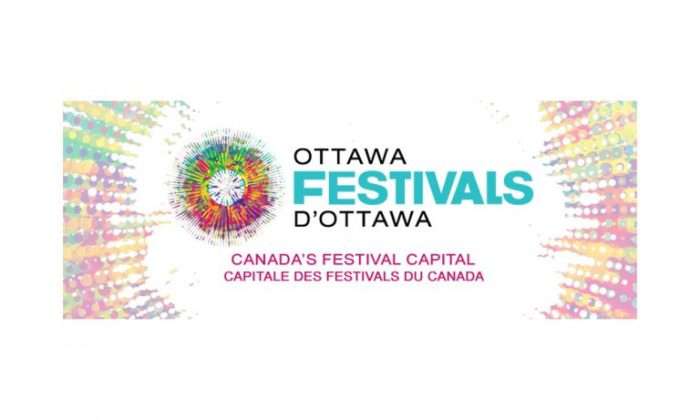
Effective festival logistics and management are crucial for a successful City Hall event in Ottawa. Careful planning and execution across various aspects ensure a smooth experience for attendees, performers, and city staff. This section details the key logistical considerations and a management framework.
A well-defined logistical plan, encompassing all aspects from permits and security to waste management and vendor coordination, is paramount. Proactive planning minimizes potential disruptions and maximizes the overall impact of the festival. This plan should be developed collaboratively with relevant city departments and external partners to ensure efficient resource allocation and effective communication.
Key Logistical Aspects of a City Hall Festival
The following table Artikels the key logistical tasks, responsible parties, timelines, and necessary resources for a hypothetical City Hall festival in Ottawa. This is a sample plan and needs adaptation based on the specific festival’s scale and nature.
| Task | Responsible Party | Timeline | Resources Needed |
|---|---|---|---|
| Secure necessary permits and licenses | City Permits & Licensing Department, Festival Organizer | 6-8 months prior to festival | Application forms, relevant documentation, fees |
| Venue setup and logistics (staging, power, sound, lighting) | Technical Director, City Facilities Management | 2-4 weeks prior to festival | Staging equipment, power generators, sound system, lighting rigs, technicians |
| Vendor recruitment and management | Festival Organizer, Volunteer Coordinator | 3-6 months prior to festival | Vendor application forms, contracts, designated vendor areas, communication channels |
| Security and crowd control planning | Security Contractor, Ottawa Police Service | 4-6 weeks prior to festival | Security personnel, crowd barriers, communication systems, emergency response plan |
| Waste management and cleanup | City Waste Management, Festival Volunteers | Throughout the festival and post-event | Waste bins, recycling containers, cleaning supplies, volunteer teams |
| Emergency preparedness and response plan | Festival Organizer, Emergency Services | 6 months prior to festival, reviewed regularly | Emergency contact list, first-aid station, evacuation plan, communication protocols |
| Marketing and promotion | Marketing Team, Social Media Manager | Ongoing, intensified in the months leading up to the festival | Marketing budget, social media platforms, website, advertising materials |
| Post-event evaluation and reporting | Festival Organizer, City Event Management | Within 1 month of the festival | Surveys, feedback forms, financial reports, attendance data |
Festival Planning and Execution Flowchart
A clear flowchart visually Artikels the sequential steps in planning and executing a City Hall festival. This ensures all tasks are considered and completed in a timely manner, preventing bottlenecks and ensuring a smooth event flow.
Imagine a flowchart starting with a “Start” node. The next nodes would represent: 1. Secure Permits & Funding; 2. Develop Festival Plan (Budget, Schedule, Theme); 3. Recruit Volunteers & Staff; 4.
Secure Vendors & Performers; 5. Marketing & Promotion; 6. Venue Setup & Logistics; 7. Festival Execution; 8. Post-Event Cleanup & Evaluation; 9.
Reporting & Analysis. Each node would connect to the subsequent node using arrows indicating the flow. The flowchart would end with an “End” node. This visual representation provides a clear roadmap for managing the complexities of the festival.
From the lively music echoing across the City Hall square to the tantalizing aromas drifting from food stalls, the Festivals At City Hall In Ottawa 2024 promise an unforgettable summer. These events are more than just entertainment; they’re a testament to Ottawa’s vibrant community spirit, a celebration of its diverse culture, and a significant boost to the local economy.
So mark your calendars, and prepare to be part of the excitement. Ottawa’s City Hall awaits!
